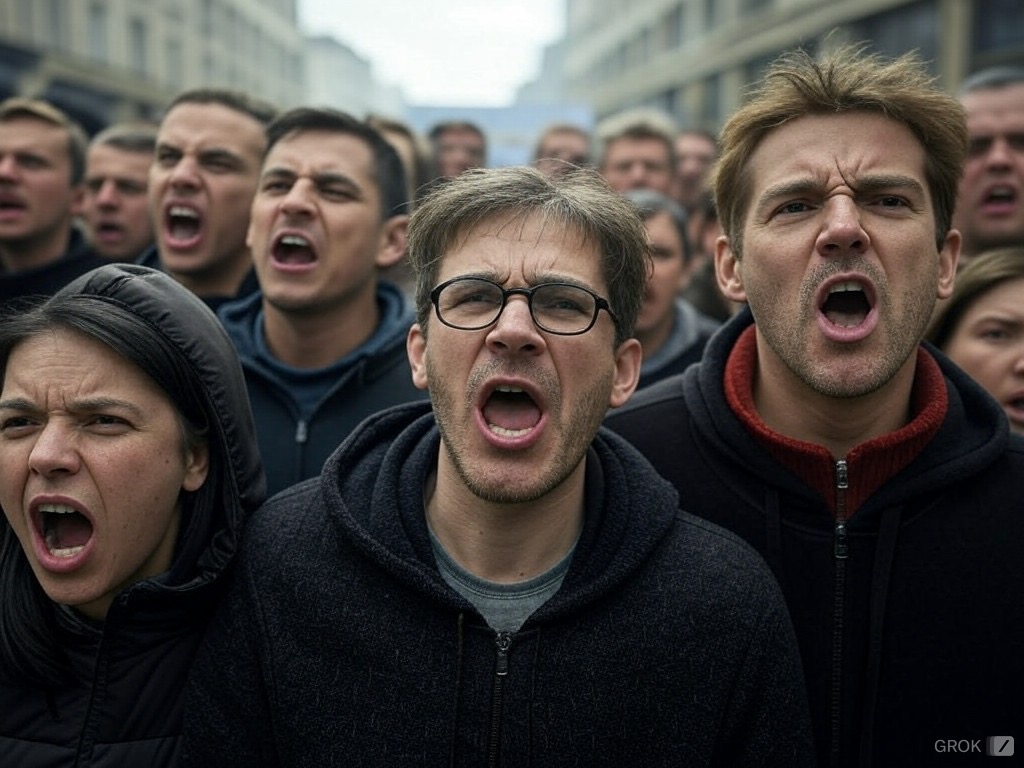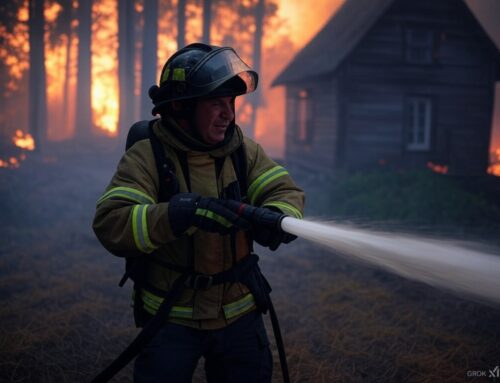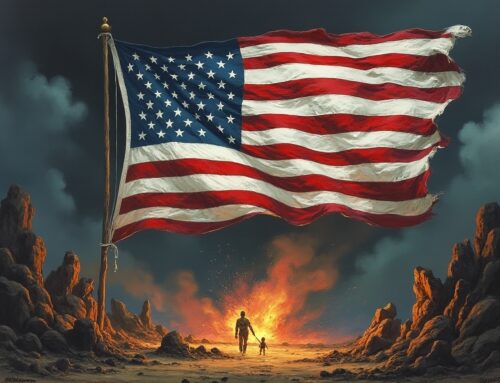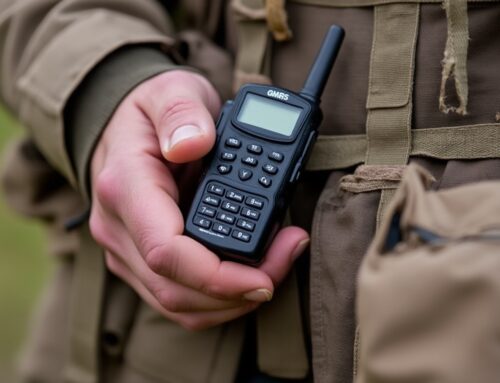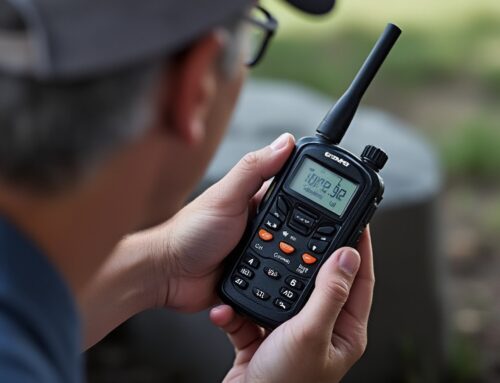By Brigadier General (ret) Blaine Holt. The most likely risks Americans might face before Inauguration Day on January 20, 2025, include:
- Security Threats and Civil Unrest:
There is a significant concern regarding potential violence or civil unrest surrounding the inauguration. Given past events, such as the January 6, 2021, Capitol riot, there is heightened security and a focus on preventing similar incidents. Protests, especially in major cities like Washington, D.C., are expected, with some groups potentially aiming to disrupt the inauguration or related events. The presence of armed individuals or groups could escalate situations quickly.
- Increased Threats to Public Officials:
With the change in administration, there is a noted increase in threats against public officials, which could intensify in the lead-up to the inauguration. This includes not only threats to the president-elect but also to other high-profile political figures, potentially leading to increased security measures and possible disruptions to normal governmental functions.
- Disinformation and Cyber Threats:
The spread of disinformation, especially around the legitimacy of the election results, could fuel public unrest or violence. There are also concerns about cyber threats, including potential attempts to disrupt the inauguration through cyberattacks on communication or infrastructure systems.
While not directly related to political events, the ongoing threat of health pandemics or outbreaks could pose a risk, especially in large gatherings like an inauguration. Although specific to the 2020 context, the general risk of new or ongoing health crises remains.
- Logistical Disruptions Due to Security:
The heavy security presence, road closures, and restricted access around the Capitol and Washington, D.C., could lead to significant logistical challenges for residents and visitors. This includes public transport disruptions, roadblocks, and the closure of key public spaces like the National Mall.
- Potential for Mass Casualty Events:
There are mentions of contingency plans by Congress for dealing with “mass casualty events,” indicating preparedness for extreme scenarios, which could be interpreted as a risk factor in the current political climate.
These risks reflect a combination of historical context, current political tensions, and the unique nature of high-profile events like inaugurations, where security, public health, and public order are paramount concerns.
